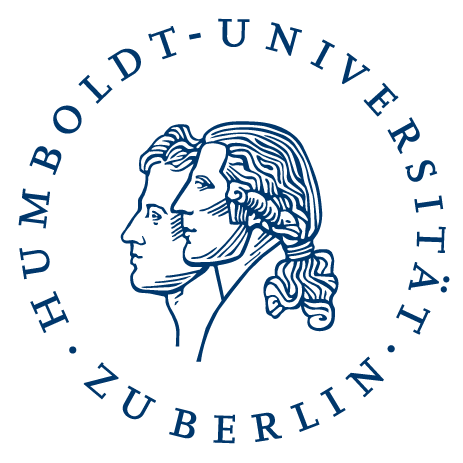Queer AI: The Coming Out of Smarter Machines
Date
Thursday – Friday, 24-25 June 2021
Venue
Online
Organiser
Schaufler Kolleg@TU Dresden and the Genderconceptgroup
Language
Please contact organisers for further details
Registration
Deadline: 20 June 2021
Register with schaufler.symposium@tu-dresden.de
Further information and programme
Given the rapid development of artificial intelligence (AI) methods, there has been an effort in the humanities, social sciences, and cultural studies in recent years to draw attention to the problems of exclusion and marginalisation associated with digital technologies. These include the non-existent opportunities for trans and inter people to identify outside heteronormative binary patterns, the failure of facial recognition software to properly recognise people of color, and the discrimination against women in automated job application processes. In the field of research that builds on these issues, many voices point to incomplete data sets and promise to break down exclusion by feeding in additional data from more diverse perspectives.
This symposium aims to address the relationship between queerness and AI from a more theoretical perspective – after having focused mainly on empirical effects in the use of AI. Research in the humanities, social sciences, and cultural studies is characterised by a diversity of conceptual tools, critical approaches, and traditions in the history of ideas. In this context, it seems useful to strive for a common specification of the discursive entanglements of AI and queerness, for example in terms of their materialities and aesthetics, their dialectical potential, or the understanding of autonomy attributed to them. The aim is to shed light on forms of discrimination and the reproduction of normative stereotypes in connection with AI and to negotiate possibilities for reducing this discrimination.






